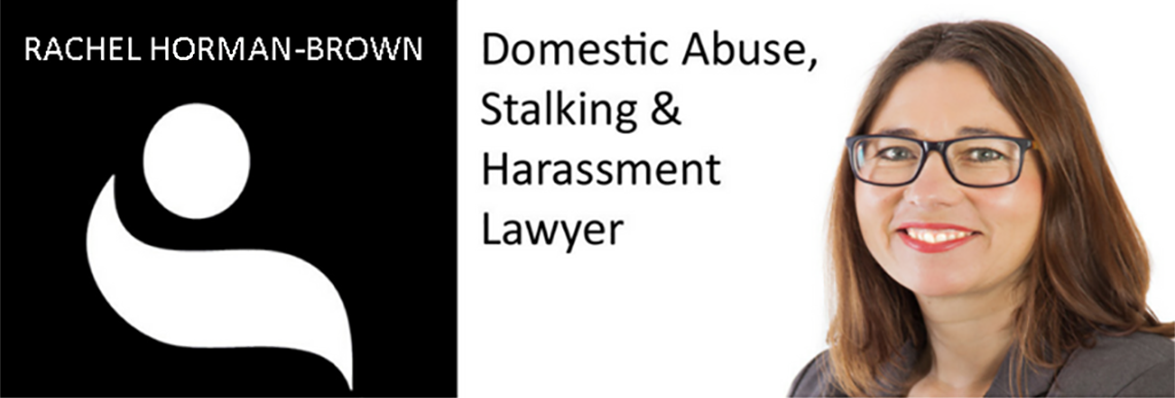The outcome of the William Roache trial resulted in a flood of demands for there to be anonymity for defendants in rape cases and talk of women eager to make false allegations of rape against men. I believe that these demands are not just misguided but extremely dangerous for women and for justice generally.
It is often argued that an allegation of rape carries such a stigma that the defendant can never be free of it even if found not guilty and therefore should be anonymous. Many crimes carry a stigma: murder, an accountant accused of fraud, a teacher accused of hitting a child, a driving instructor accused of drink driving. If we allow the stigma argument to run its course then most defendants would be included particularly if the defendant was well known or a professional which could lead to a middle class exemption and fail victims.
A not guilty verdict in the criminal court in England and Wales does not necessarily mean that the conduct did not happen it simply means that the CPS did not prove it beyond reasonable doubt. As a civil lawyer I deal with cases every day where we obtain findings in the Civil Court about domestic violence and sexual abuse where the Criminal Court has produced not guilty verdicts. The case of O J Simpson in the US is a gruesome illustration of the Criminal Court finding the perpetrator not guilty followed by a Civil Court finding that he did in fact kill his ex partner and her boyfriend.
The reason that defendants are not anonymous is because we have an open justice system and this enables information to be obtained from other potential victims and witnesses. This is especially relevant for sexual offences where there are often multiple victims. Victims of sexual offences will often say that the main reason they don’t come forward is the fear of not being believed and only when they see that another allegation has been made do they feel confident enough to come forward e.g. the case of Stuart Hall.
The overwhelming argument for not having anonymity for rape defendants is that rape would be the only crime where this was the case. This would send a message that women often make false allegations of rape against men and would lead to an even lower conviction rate than we have now – which is already the worst in Europe. Keir Starmer the former Director of Public Prosecutions recently made it clear that false allegations of rape were “very rare”. A recent study estimated that they accounted for approximately 0.2% of cases.
The problem therefore is the perception and fear of men that they may be falsely accused just by being in the same room as a woman. This is a misogynist myth rooted within the history of our own justice system and akin to countries which require corroboration in addition to the evidence of a woman. Women are well aware of this myth which leads to low reporting of sexual offences and in men leads to the belief that they are likely to get away with sexual offending – a belief unfortunately not far from reality.
The whole debate needs to be reframed and focus placed upon the truly outrageous element – the low reporting and conviction rates.
It is estimated that 1 in 5 women are sexually assaulted in their lives in the UK. The UK has the lowest conviction rate for rape in Europe. It is estimated that only 15% of rapes are ever reported to the police and of those only 37% are prosecuted and this figure is thought to be dropping dramatically as less cases are referred to the CPS by the police.
This means that therefore only 5% of rape cases even get to Court – a figure which is dropping – surely this is the real scandal that we should be focusing our energies on. Whilst a false allegation of rape is cruel – to be raped is a far worse ordeal. The Criminal Justice System is no picnic for the victim either even in cases where best practice is followed – which is often not the case.
Imagine: being questioning by the police, intimate medical examinations, questions about your sexual history, disclosing what has happened to family, friends and probably work colleagues wondering why you have been off work and are suddenly very traumatised, dealing with the fear and the trauma of the rape whilst being told counselling may damage the prosecution case, feeling judged by society that it was in someway your fault, the fear that nobody will believe you, seeing the case mentioned in the press, hearing the public denials of guilt, attending Court, ferocious cross examination by the defendant(s) Lawyer(s) whilst you are not permitted a lawyer. There have been several cases recently where rape complainants have committed suicide after trials both in cases of a not guilty verdict and cases of a guilty verdict.
In conclusion I would remind you of only one thing – only 5% of alleged rapes even make it to court which sounds like a pretty good deal for the rapists out there. We should be ashamed of our ranking within Europe in this regard and that is the real scandal we should be shouting about and the government should be tackling.
You can listen to Rachel discussing this issue on BBC Radio Manchester on 6th February 2014 using the Audioboo link below.

Permalink
No truer word spoken.that is it